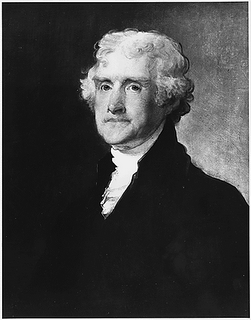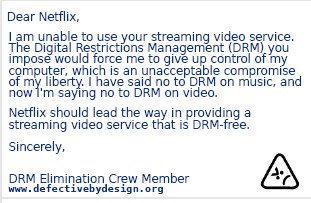 This is Thomas Jefferson’s basic argument for why IP is not property. Jefferson outlines the properties of a Public Good when describing IP. This basic argument is one of the strongest foundations for arguing against trying to regulate IP with free markets since IP is not a private good. In essence we are using the law to redefine the basic nature of copyrights and patents. florida home inspection checklist
This is Thomas Jefferson’s basic argument for why IP is not property. Jefferson outlines the properties of a Public Good when describing IP. This basic argument is one of the strongest foundations for arguing against trying to regulate IP with free markets since IP is not a private good. In essence we are using the law to redefine the basic nature of copyrights and patents. florida home inspection checklist
Nonexcludable:
“If nature has made any one thing less susceptible than all others of exclusive property, it is the action of the thinking power called an idea, which an individual may exclusively possess as long as he keeps it to himself; but the moment it is divulged, it forces itself into the possession of everyone, and the less, because every other possesses the whole of it.”
Nonrivalrous:
“He who receives an idea from me, receives an idea from me, receives instruction himself without lessening mine; as he who lights his taper at mine, receives light without darkening mine.”
“Inventions then cannot, in nature be a subject of property.”
Letter from Thomas Jefferson to Issac McPherson (Aug. 13, 1813),
Links:
Expanded text of Jefferson’s letter
Wikipedia on Private and Public Goods
Edit: fixed link to letter thank to reader feedback!






